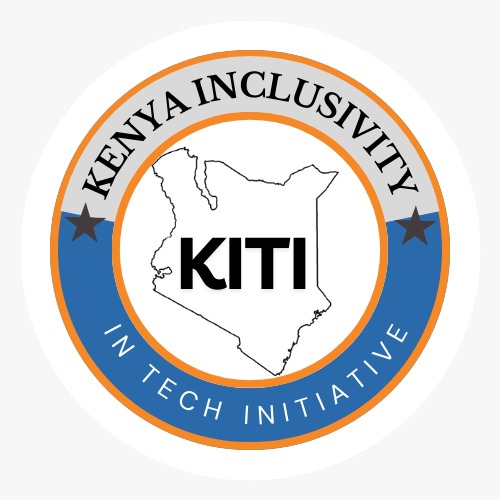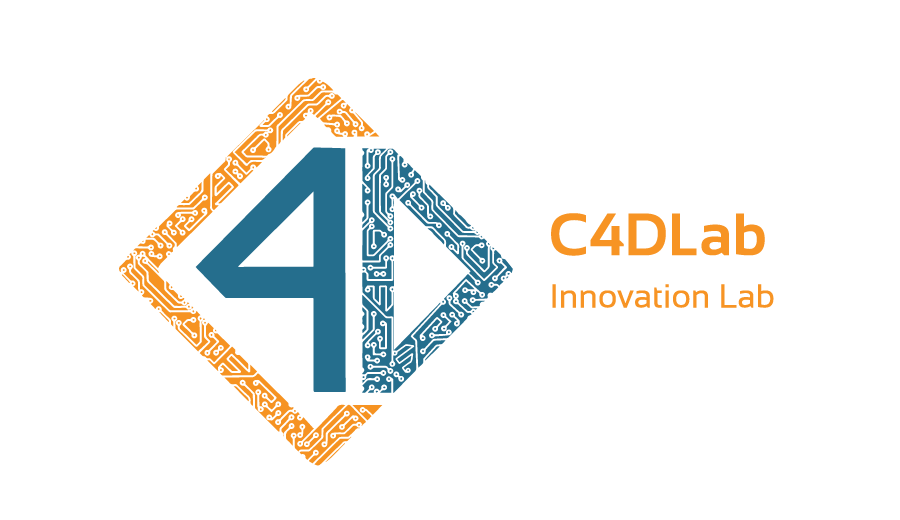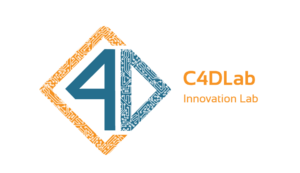We run several acceleration and mentoring programs in partnership with governments, foundations, and companies across the globe.
Partner Programs
About the programs

The GCA Accelerator offers a unique and intensive 12-month acceleration program to foster innovation collaboration along the Climate Change Resilience and Adaptation value chain with a powerful mix of entrepreneurial, business, and technical expertise.
AFRETECH
The African Engineering and Technology Network (AFRETEC) is a pan-African collaboration of technology-focused universities from across the African continent. The creation of AFRETEC is a defining moment for the digital transformation of Africa. The network will build a strong knowledge creation and educational infrastructure on the continent. It will also provide a platform for its members to engage in deep collaboration that drives inclusive digital growth in Africa.

AFRETEC will create a platform for technology-focused universities in Africa to drive inclusive digital growth by collaborating on teaching and learning, knowledge creation, and entrepreneurship activities within the area of engineering and technology.
The core of this transformative initiative lies in providing unwavering support to students and academic staff, enabling them to enhance their knowledge and skills in the realm of emerging technologies and other areas needing attention when it comes to the employability of graduates. Academic staff are supported to enhance their teaching skills via training of trainers and workshops.
Goals
Diversity, Equity, and Inclusion (DEI)
Be intentional about embedding diversity, equity, and inclusion in all of our processes and activities
Teaching and Learning (T&L)
Create excellence in learning and teaching to develop a workforce that advances inclusive digital transformation in Africa
Knowledge Creation
Build a vibrant, inclusive, and sustainable pan-African ICT knowledge creation ecosystem
Entrepreneurship
Build a pan-African entrepreneurship and innovation culture and ecosystem across the AFRETEC partners
Impact
Create tangible, high-quality outputs across teaching and learning, knowledge creation, and entrepreneurship that have the potential to impact Africa
For more information please visit:
PBL-BioAfrica
Problem-Based-Learning Bioeconomy Entrepreneurship and Capacity Building Programme in Africa
PBL-BioAfrica is a collaborative project for strengthening the capacity of bioeconomy HEIs (Higher Education Institutions) in Kenya and Zambia. Reforming bio-entrepreneurship education to meet the needs of working life and promote entrepreneurship among students and graduates will lead to economic productivity and environmental and social sustainability.
The focus is on developing problem-based learning (PBL) methods in bio-economy education and utilizing open distance learning (ODL) formats and open education resources (OER) to reach large numbers of students.
The project is funded by the HEI ICI (Higher Education Institutions Institutional Cooperation Instrument). HEI ICI supports cooperation projects between higher education institutions in Finland and the developing world. The projects support the HEIs as they develop their subject-specific, methodological, educational, and administrative capacity. The program is funded by the Ministry for Foreign Affairs of Finland and administered by the Finnish National Agency for Education.
The project targets bio-economy higher education institutions in Kenya and Zambia.
Project Consortium
The project consortium consists of 2 HEIs in Finland, 3 in Kenya, and 2 in Zambia. In addition, the Regional Universities Forum for Capacity Building in Agriculture (RUFORUM) is a key partner for disseminating project results to wider Africa.
For more information please visit:
The UNIHUBS Project
UNIHUBS is a collaborative initiative aiming to connect HEIs with digital innovation ecosystems in three African countries (Kenya, Ghana, Tanzania) and Europe, in a collective effort to improve HEIs’ capacity in adopting innovative educational approaches, to address digital innovation labour market needs and challenges and improving their graduates’ employability rates.
Acknowledging the goals of the EU-AU Innovation Agenda (2022) to strengthen innovation ecosystems and develop sustainable and mutually beneficial ΗΕ in Europe and Africa, the project aims to contribute to improving the capacity of African HEIs, in their attempt to modernise their curricula and address current and future challenges of the labour market. UNIHUBS focuses on curriculum enhancement in seven universities in Kenya, Ghana and Tanzania, through a series of activities aiming to promote collaboration between HEIs and digital innovation ecosystem, foster the professional development of university educators and digital innovation professionals, and support business and technology graduates in meeting the requirements of a changing labour market landscape.

For more information please visit:
Kenya Inclusivity in Tech Initiative – UoN – KITI Project

KITI offers the youth and women new career and study paths by emphasizing emerging technologies including Artificial Intelligence (AI) and Machine Learning, the Internet of Things (IoT), Blockchain, Cybersecurity, Robotic Process Automation, Foundations of Data Science, and Programming. These skills will not only radically increase the attractiveness of the beneficiaries within the employment context but also open up opportunities for them in innovation and entrepreneurship.
KITI focuses on retaining youths and women who are currently enrolled in tech courses and aggressively recruiting more from those currently not enrolled in tech courses to acquire specialized tech skills that can signicantly increase their employability. KITI is currently organized into three components.
Component 1
Enhancing and Scaling Up of the C4DLab Online Learning Management System (LMS). The LMS currently hosts contents aimed at startups being incubated at the C4DLab and other stakeholders focused on realizing Low Urban Carbon. KITI aims at expanding the content to include emerging technologies in ICTs with youth and women as the new audience. Each course will have three levels: “Foundation, Intermediate and Advanced”. The first two are freely accessible.
Component 2
Education and Advocacy: Will offer self-paced learning through the LMS, sponsorships/scholarships to girls and vulnerable youths registered for ICT exams by KNEC, bootcamps and hackathons and e-certicates from UoN-C4DLab.
Component 3
Entreprenuership and Innovation: It aims to create new employment opportunities through Incubation and Acceleration of youth and women-led tech startups.
For more information please visit:

